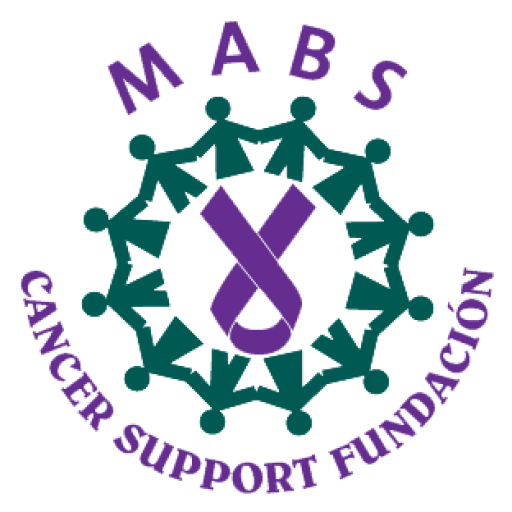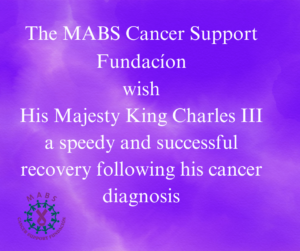Fighting Cancer by the Plateful
No single food can prevent cancer, but the right combination of foods may help make a difference. At mealtimes, strike a balance of at least two-thirds plant-based foods and no more than one-third animal protein. This “New American Plate” is an important cancer fighting tool, according to the American Institute for Cancer Research. Check out better and worse choices for your plate.

Fighting Cancer With Colour
Fruits and vegetables are rich in cancer-fighting nutrients — and the more color, the more nutrients they contain. These foods can help lower your risk in a second way, too, when they help you reach and maintain a healthy body weight. Carrying extra pounds increases the risk for multiple cancers, including colon, esophagus, and kidney cancers. Eat a variety of vegetables, especially dark green, red, and orange vegetables.

The Cancer-Fighting Breakfast
Naturally occurring folate is an important B vitamin that may help protect against cancers of the colon, rectum, and breast. You can find it in abundance on the breakfast table. Fortified breakfast cereals and whole wheat products are good sources of folate. So are orange juice, melons, and strawberries.
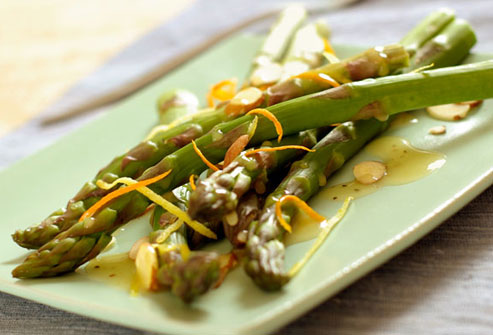
More Folate-Rich Foods
Other good sources of folate are asparagus and eggs. You can also find it in beans, sunflower seeds, and leafy green vegetables like spinach or romaine lettuce. The best way to get folate is not from a pill, but by eating enough fruits, vegetables, and enriched grain products. Women who are pregnant or may become pregnant should take a supplement to make sure they get enough folic acid to help prevent certain birth defects.
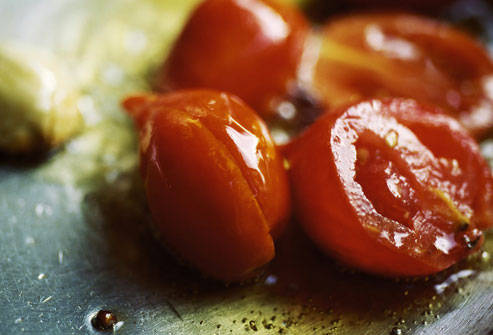
Cancer-Fighting Tomatoes
Whether it’s the lycopene — the pigment that gives tomatoes their red color — or something else isn’t clear. But some studies have linked eating tomatoes to reduced risk of several types of cancer, including prostate cancer. Studies also suggest that processed tomato products such as juice, sauce, or paste increase the cancer-fighting potential.
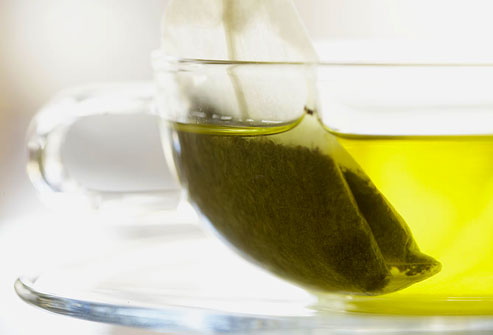
Tea’s Anticancer Potential
Even though the evidence is still spotty, tea, especially green tea, may be a strong cancer fighter. In laboratory studies, green tea has slowed or prevented the development of cancer in colon, liver, breast, and prostate cells. It also had a similar effect in lung tissue and skin. And in some longer term studies, tea was associated with lower risks for bladder, stomach, and pancreatic cancers. But more research in humans is needed before tea can be recommended as a cancer fighter.
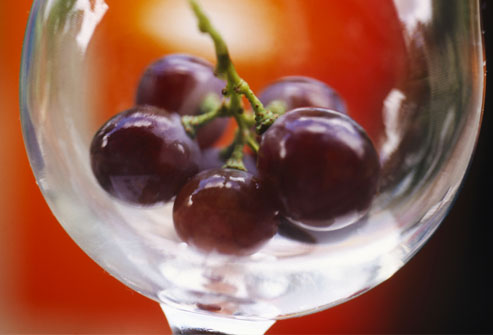
Grapes and Cancer
Grapes and grape juice, especially purple and red grapes, contain resveratrol. Resveratrol has strong antioxidant and anti-inflammatory properties. In laboratory studies, it has prevented the kind of damage that can trigger the cancer process in cells. There is not enough evidence to say that eating grapes or drinking grape juice or wine (or taking supplements) can prevent or treat cancer.
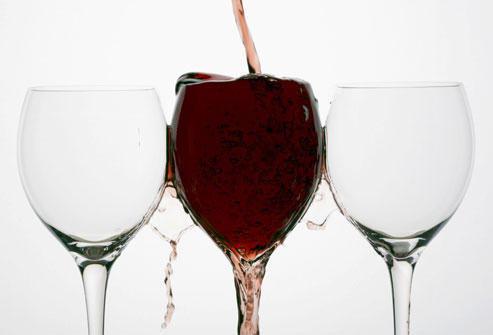
Limit Alcohol to Lower Cancer Risk
Cancers of the mouth, throat, larynx, esophagus, liver, and breast are all linked with drinking alcohol. Alcohol may also raise the risk for cancer of the colon and rectum. The American Cancer Society recommends limiting alcohol to no more than two drinks per day for men and one for women. Women at higher risk for breast cancer may want to talk with a doctor about what amount of alcohol, if any, is safe based on their personal risk factors.
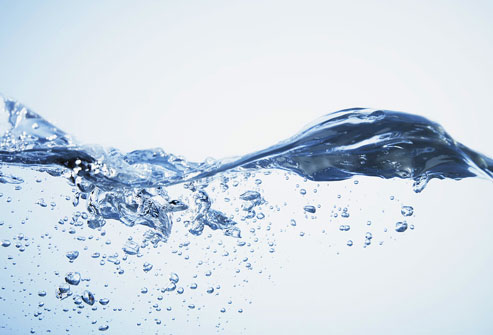
Water and Other Fluids Can Protect
Water not only quenches your thirst, but it may protect you against bladder cancer. The lower risk comes from water diluting concentrations of potential cancer-causing agents in the bladder. Also, drinking more fluids causes you to urinate more frequently. That lessens the amount of time those agents stay in contact with the bladder lining.
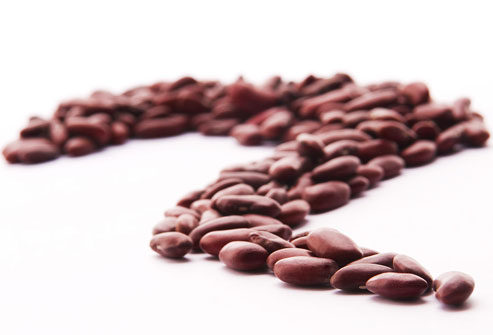
The Mighty Bean
Beans are so good for you, it’s no surprise they may help fight cancer, too. They contain several potent phytochemicals that may protect the body’s cells against damage that can lead to cancer. In the lab these substances slowed tumor growth and prevented tumors from releasing substances that damage nearby cells.
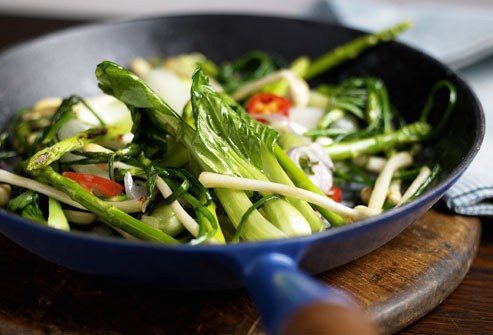
The Cabbage Family vs. Cancer
Cruciferous vegetables include broccoli, cauliflower, cabbage, Brussels sprouts, bok choy, and kale. These members of the cabbage family make an excellent stir fry and can really liven up a salad. But most importantly, components in these vegetables may help your body defend against cancers such as colon, breast, lung, and cervix. Lab research has been promising, but human studies have had mixed results.
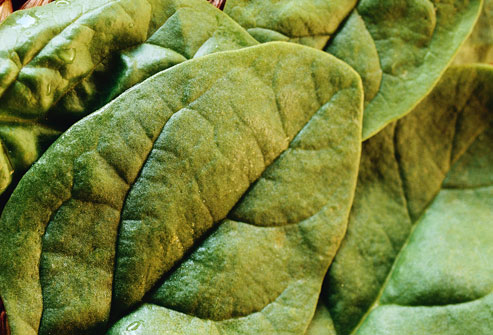
Dark Green Leafy Vegetables
Dark green leafy vegetables such as mustard greens, lettuce, kale, chicory, spinach, and chard have an abundance of fiber, folate, and carotenoids. These nutrients may help protect against cancer of the mouth, larynx, pancreas, lung, skin, and stomach.
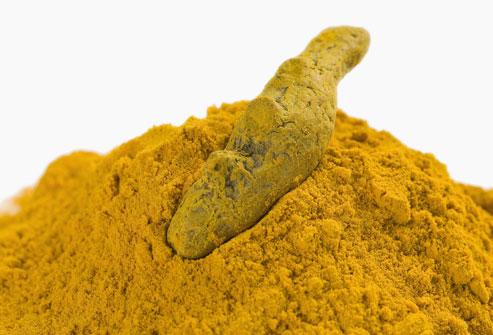
Protection From an Exotic Spice
Curcumin is the main ingredient in the Indian spice turmeric and a potential cancer fighter. Lab studies show it can suppress the transformation, proliferation, and invasion of cancerous cells for a wide array of cancers. Research in humans is ongoing.
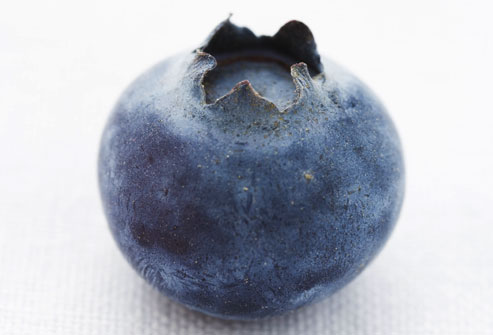
Blueberries for Health
The potent antioxidants in blueberries may have wide value in supporting our health, starting with cancer. Antioxidants may help fight cancer by ridding the body of free radicals before they can do their damage to cells. But more research is needed. Try topping oatmeal, cold cereal, yogurt, even salad with blueberries to boost your intake of these healthful berries.
